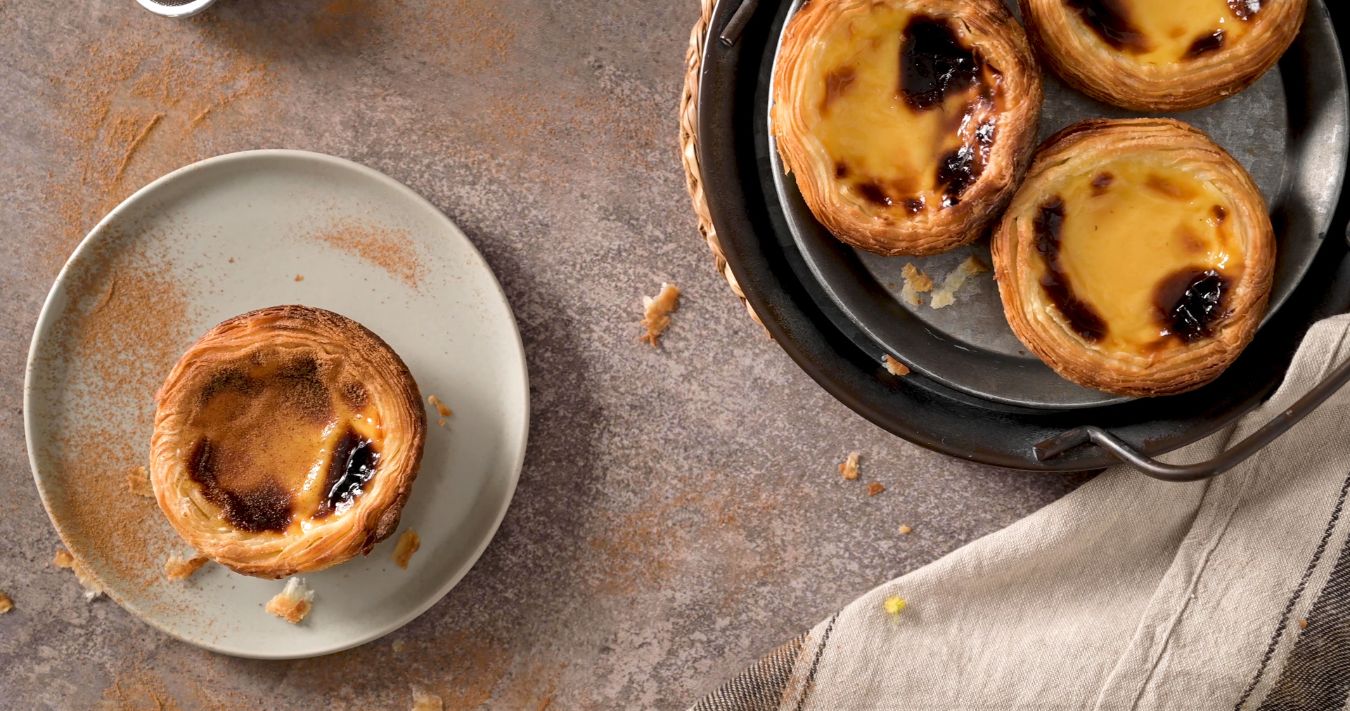Steer Clear of These Foods
When traveling through Portugal, the culinary scene is one of the major highlights of the experience. From fresh seafood to iconic pastries, Portugal offers a rich variety of dishes that are a must-try for any traveler. However, like any destination, there are certain foods that may not sit well with everyone, and knowing what to avoid can save you from digestive discomfort or even health risks. Let's take a look at 10 foods to avoid when traveling through Portugal.
1. Shellfish from Unverified Sources
Portugal is renowned for its seafood, but not all shellfish are created equal. Eating shellfish such as clams, mussels or oysters from unverified sources can be risky, especially during the warmer months. These shellfish can carry toxins or bacteria like Vibrio, which can lead to serious food poisoning. Always ensure the restaurant or market you’re buying from is reputable and follows strict health regulations.
2. Bifana from Street Vendors
Bifana is a Portuguese pork sandwich, typically seasoned with garlic and spices. While delicious, purchasing bifanas from street vendors, especially in tourist-heavy areas, can pose a risk. Food from street vendors isn’t always kept at the correct temperature, leading to possible bacterial growth. Instead, order bifanas at reputable restaurants where food safety standards are more likely to be met.
3. Undercooked Sardines
Grilled sardines are a popular dish in Portugal, especially during summer festivals. While they are a must-try, eating undercooked sardines can expose you to parasites like Anisakis, which can cause digestive issues. Always make sure that your sardines are well-cooked to avoid any potential health risks.
Related Search Topics (Ads)
4. Soft Cheeses from Unreliable Markets
Portugal offers an array of cheeses, with many soft varieties like Queijo da Serra. However, unpasteurized soft cheeses can pose a risk of listeria, a bacteria that can cause serious illness, especially for pregnant women, older adults and those with weakened immune systems. When purchasing cheese, make sure it’s pasteurized, and avoid buying from questionable market stalls that may not follow proper storage guidelines.
5. Fish Stew from Small, Remote Restaurants
Fish stew, or Caldeirada, is a hearty dish made with a mix of fish, potatoes and vegetables. However, in small or remote restaurants, where seafood turnover may not be high, the fish used might not be as fresh as you would hope. Fish that’s past its prime can cause food poisoning, so be cautious about where you choose to indulge in this dish. Stick to restaurants with a good reputation, especially in coastal areas where seafood is fresher.
6. Fermented Sausages (Chouriço)
Chouriço is a traditional Portuguese sausage often smoked and fermented. While it’s typically safe to eat, some versions are made with minimal preservatives, which can increase the risk of bacterial contamination, especially if they haven’t been stored properly. If you’re unsure about the quality or the production process of a chouriço, it’s best to avoid it. Stick to reputable markets or established restaurants where food safety standards are higher.
7. Pastéis de Nata from Overcrowded Tourist Spots
The iconic custard tart, Pastéis de Nata, is one of Portugal’s most famous foods. While it’s a must-try, getting it from overcrowded tourist spots or stands may result in purchasing a tart that’s been sitting out for too long, potentially leading to bacterial contamination. Instead, seek out a bakery known for its quality and freshness, like the famous Pastéis de Belém in Lisbon.
8. Raw Pork (Carne de Porco Crua)
Raw pork dishes, although not as common in Portuguese cuisine, can sometimes be encountered in more traditional or rural areas. Eating raw or undercooked pork can expose you to parasitic infections, such as trichinosis, which can cause severe illness. If you come across dishes featuring pork, make sure it is fully cooked before consuming.
9. Unfiltered Tap Water
While Portugal’s tap water is generally considered safe, in some remote or older areas, it may contain contaminants or bacteria that could lead to digestive issues. Stick to bottled water or water that has been filtered, especially in rural regions or older parts of cities. Even if locals drink tap water without issue, it’s better to err on the side of caution as a visitor whose body may not be accustomed to the local water supply.
10. Conservas (Canned Seafood) from Small Vendors
Canned seafood, or conservas, is a Portuguese specialty, with shops selling high-quality sardines, tuna and other fish preserved in oil or brine. While many of these conservas are safe and delicious, those sold by small vendors without proper storage facilities could be problematic. Improperly stored canned goods can develop botulism, a serious foodborne illness. Stick to well-known brands or stores with a reputation for high standards.
If you follow this list of foods to avoid when traveling through Portugal, you'll have a great trip!
Planning more foodie adventures? Make sure to visit Italy or Spain to enjoy their popular dishes, too.

